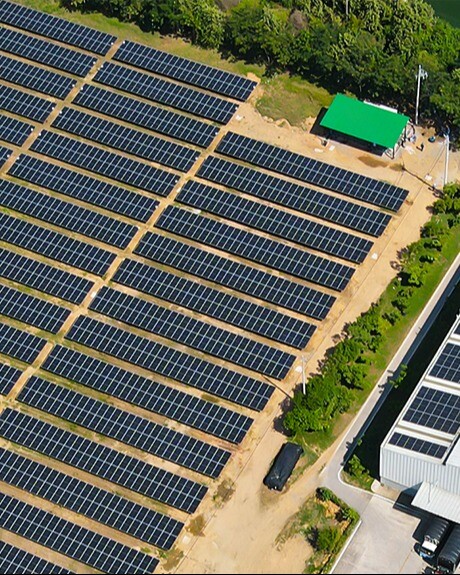Everything you need to know!
These systems connected to the network present great advantages for your company or home, standing out in terms of savings and business sustainability. Among the most important benefits are:
- Savings on the electricity bill: Significantly reduces energy costs.
- Caring for the environment: Promotes the use of renewable energy and reduces the carbon footprint.
- Property appreciation: Increase the value of your property thanks to the implementation of efficient energy solutions.
- Recovery of investment: The investment in these systems is recovered quickly due to the savings generated. Contribution to the energy transition: Helps move towards a more sustainable and responsible energy model.
- Energy independence: Facilitates energy self-sufficiency, reducing dependence on external sources.
In the last decade, photovoltaic solar energy has experienced a notable evolution, generating new business models for various types of energy consumers and investors. These business models offer alternatives for savings, energy efficiency and business sustainability:
Credit by financial institution or fintech: An entity finances the solar photovoltaic system and the client pays a monthly fee for an agreed period. Initial investment: No.
Direct purchase: The company or person directly purchases the solar system with its own capital. Initial investment: Yes.
PPA (Power Purchase Agreement): An investor purchases the system and the customer pays for the energy generated over time. Initial investment: No.
In Colombia, it is essential to comply with certain regulations and certifications to ensure the quality and safety of electrical installations and take advantage of the benefits of renewable energies.
RETIE (Technical Regulation of Electrical Installations): This regulation guarantees the safety and quality of electrical installations in the country. For solar panels, the RETIE requires certification for systems connected to the electrical grid (ON-GRID). This regulation evaluates the design, calculations and compliance with the standards necessary to ensure a safe and efficient installation.
UPME (Mining Energy Planning Unit): UPME certifies renewable energy and energy efficiency projects, allowing companies and individuals to access tax and tariff benefits. In addition, UPME certification is key to connecting your solar project to the electrical grid, ensuring that it meets all technical and regulatory requirements.
Step by Step for you to Quote your Projection with an Advisor

1.

2.

3.









